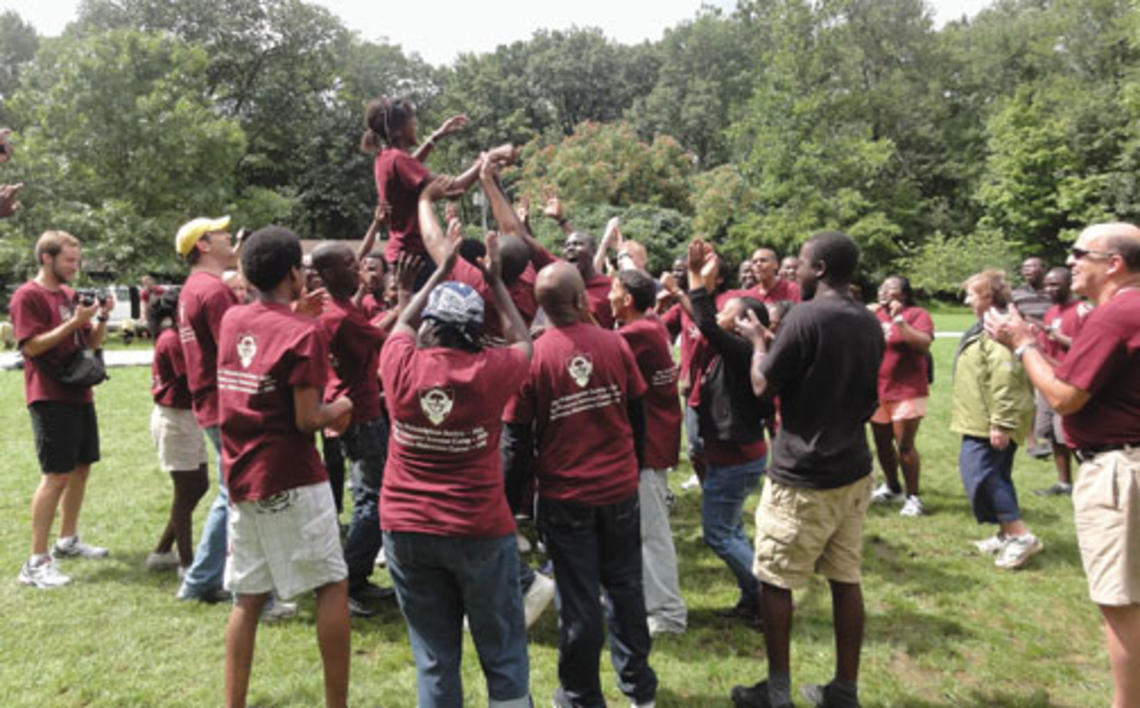
Nearly 200 students, alumni, donors, and trustees of a South African school converged on Princeton in August for the first African Leadership Indaba, a daylong conference designed to prepare a future generation of African leaders through networking and discussions.
The indaba — the word is the Zulu term for a meeting on an important matter — was presented by the Johannesburg-based African Leadership Academy (ALA), which was founded in 2008 as a two-year high school program. The program draws students from all over the world to address what co-founder and CEO Fred Swaniker called one of the greatest challenges facing Africa today: a lack of effective leadership.
The indaba was a way to extend the school’s mission beyond graduation, Swaniker said, noting, “Developing world-class leaders is not a short-term project.”
The gathering reunited these students — the approximately 60 members of ALA’s first two graduating classes attending U.S. universities — for discussions led by journalists, entrepreneurs, politicians, and musicians. Topics ranged from uprisings in an era of online networking to addressing governmental corruption.
Too often, Africa is associated with disaster instead of opportunity, said Jeff Sturchio ’73, former CEO of the Global Health Council. Instead, he views Africa as a glass half full: “There is a young generation of Africans who are getting the skills they need to turn those opportunities into reality.”
Students spent the three days before the indaba at the Princeton-Blairstown Center in northwestern New Jersey, reconnecting through experiential learning activities, such as a ropes course. “These activities bring out what kind of leader you are,” said Carol Christofferson, the center’s development director.
Consultant Steve Boehlke ’70, who helped organize the conference and develop the academy’s leadership curriculum, said the week was “an opportunity for the students to reaffirm their commitment to each other and to this larger mission.”










0 Responses